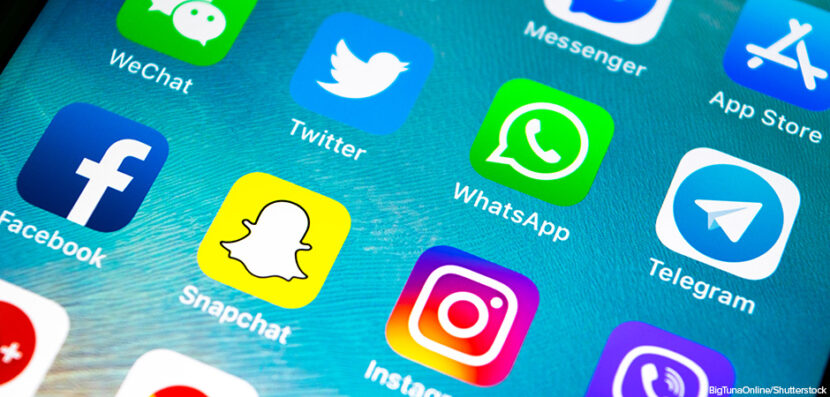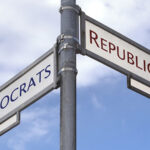- Current Events New Alabama Congressional District Selects Candidates
- Current Events Nebraska Rejects Winner-Take-All Proposal
- Citizenship Voting Under Age 18
- Citizenship Citizenship in Action
- Democratic Party Biden’s and Trump’s Recent Primary Results
- Elections Trump and Biden Win South Carolina and Michigan Primaries

Social Media and the 2020 Election
More and more Americans getting their news from social media rather than from traditional news outlets. Companies such as Twitter and Facebook must now take increased responsibility for the accuracy of the information on their platforms. To this end, Twitter has announced steps that it will be taking to prevent the spread of confusing misinformation during the 2020 election. Here, Election Central takes a closer look.
The Problem
When people get their news from social media, they don’t always check to make sure that the information they are reading is accurate. That’s a problem, because people often post incorrect or misleading information on social media. When this spread of misinformation deals with voting and elections, it can affect the nation’s democratic system. That’s because if people read social media content suggesting that the methods of voting are unreliable, they might choose not to vote or might not believe that the election’s outcome can be trusted. That lack of faith compromises the basic tenets of our democracy. That’s especially problematic this year, when more mail-in voting can lead to greater confusion or even delayed election results.
Twitter Changes Its Policy
Twitter announced recently that beginning September 17, it will address this problem by planning to remove or label tweets that spread false or misleading information about the election. That includes any posts that make false claims about voter fraud or “rigged” election results, or that give incorrect information about voting dates or voting laws in order to create confusion. The company says that these rules will apply to all posts, whether they come from Americans, outside influences or bots.
It will be up to Twitter to decide how to handle the false or misleading posts. Those that make more general claims will likely be labeled. The label will say that the content of the tweet may not be true and instruct readers about where to go to find more accurate information. Labeled tweets will also be given a more limited reach, meaning that fewer people will see them. But if a tweet makes a specific or especially harmful claim, it may be removed altogether. That includes posts that tell people not to vote, or to vote in the wrong place or on the wrong day.
What About Facebook?
Facebook is already taking steps to control the spread of misinformation during election season. The social media platform will attempt to remove any posts making false claims about the election, voting, or COVID-19. It will also not accept any political ads the week before the election. (Twitter already decided last year to ban political ads altogether.)


